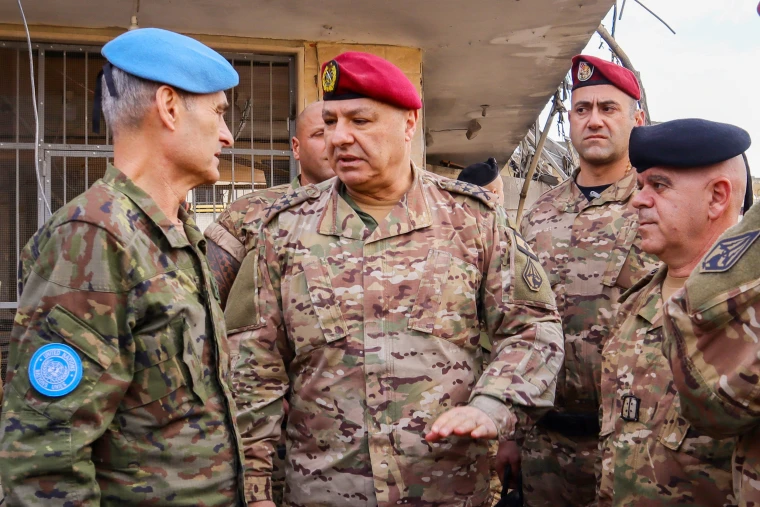In a significant development for Lebanon, Army Chief Joseph Aoun has been elected as the new president of the country, effectively ending a prolonged political vacuum that lasted for over two years. His election comes at a critical time for the crisis-hit, war-battered nation, which has been struggling with political instability, economic collapse, and the aftermath of a devastating port explosion in 2020.
A Turning Point in the Governance of Lebanon
Aoun’s election marks the end of a bitterly divisive presidential election process that involved protracted negotiations among the political factions. His appointment will be expected to provide some form of stability in the fractured Lebanese political landscape. He is perceived as a unifying figure in Lebanon, and being the leader of the Lebanese Army, he can guide his country through the present crises.
The Challenge Ahead
Aoun takes over the reins of a country with unprecedented challenges: the acute crisis in the national economy, an eroded currency, and dissatisfaction among people with political authorities. How he will face these challenges shall be critical: managing Lebanon’s relations with partners abroad and tackling internal reforms as a way toward securing much-needed financial aid for the country.
The citizens of Lebanon are hanging onto hope as Aoun’s leadership promises a new beginning. Many are waiting for reformations with the opening of his office as the end to political gridlocks that have brought a halt to progress over the years.





